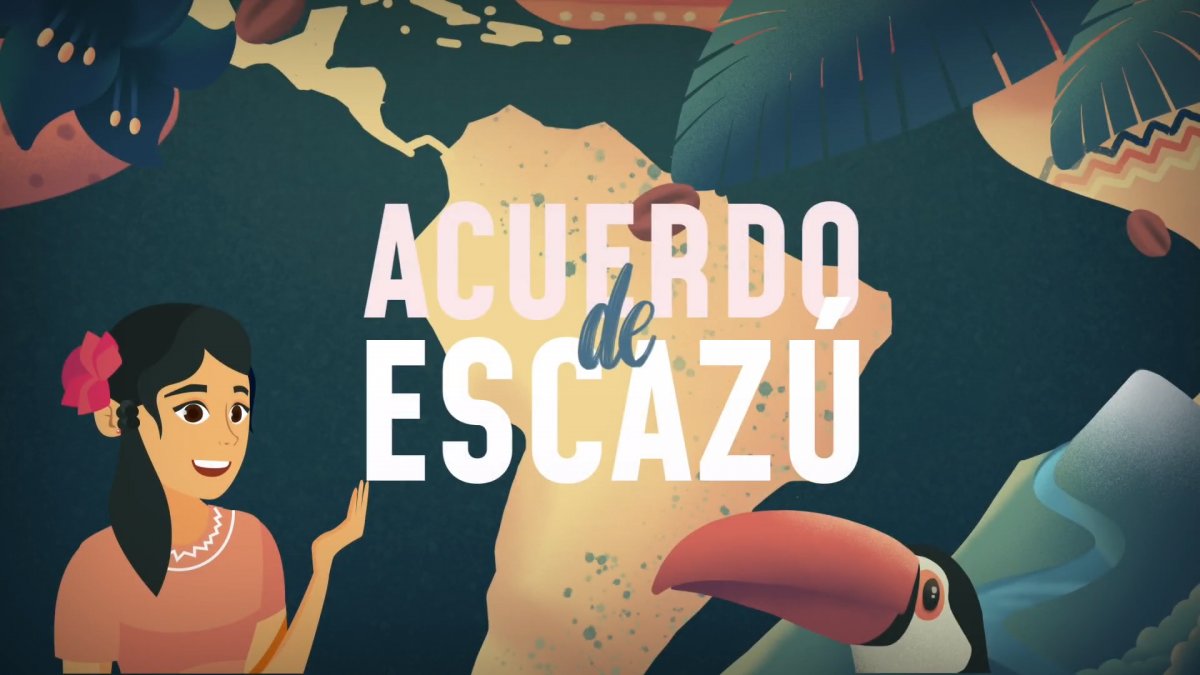Yesterday, Foreign Affairs minister Allamand confirmed Chile will not sign the #Escazú agreement. Although this is no surprise, it does show where the priorities of the Piñera administration in relation to environmental protection and human rights lie. (1/
It was Chile, under #Bachelet II, that took the initiative for a first Latin American environmental rights treaty. Talks started in 2014, with the idea of developing an agreement that protects environment and public participation in environmental projects (2/
According to the agreement, poorer communities, indigenous peoples, small farmers - all those who could feel the impact of certain projects in their environment - have the right to information and justice, which must be provided by the government, as well as legal assistance (3/
Another important part of the agreement is the protection of environmental activists, necessary in Latin America which is a graveyard for such activists. After 4 long years of extensive negotiations, 14 countries signed the treaty in Sept. 2018. Chile, however, did not sign. (4/
What had happened? Michelle Bachelet was gone and Sebastián #Piñera was the new president. A businessman, who came with a promise of better (economic) times. However Piñera, also presented himself as environmental leader. (5/
Chile was the first country in Latin America to ban plastic bags, Piñera won a Global Citizen Award for his environmental efforts, and Chile would host the COP25 – although that had to be moved to Madrid due to the 2019 protests. So why doesn't Chile sign the treaty? (6/
According to former Foreign Affairs Minister Teodoro Ribera the treaty “added nothing”. He said that Chile has everything that the Escazú Agreement establishes already in its national legislation. Current FA-minister Allamand said basically the same yesterday. (7/
Its 2 articles in the treaty that explain Chile´s refusal. The 1st one is about Bolivia and their battle for sea access. According to #Escazú , landlocked countries in Latin America, which are Bolivia and Paraguay, should get “consideration & cooperation” in their struggles. (8/
This makes the alarm bells ring in Chile, where the matter of sea access for Bolivia has become a matter of national pride. Chile does not want to be taken again to International Court. Negotiating sea access with Bolivia would be a political humiliation for Piñera. (9/
The second article Chile fears is the protection for environmental defenders. Its an article that opens doors for participation in environmental projects for the indigenous communities in Chile and the last thing Piñera needs at this moment (10/
From the Aymara people in the north, whose water resources have been heavily affected by the mining companies, to the Mapuche in the south, who see hydroelectric plants and forestry’s damage their ancestral lands. (11/
According to the last State of the Union, the govt has dozens of hydroelectric projects planned in the south. A treaty that would give the affected communities more rights, is the last things the Piñera govt wants. Chile, an environmental leader? Only in front of the cameras.(12)

 Read on Twitter
Read on Twitter


